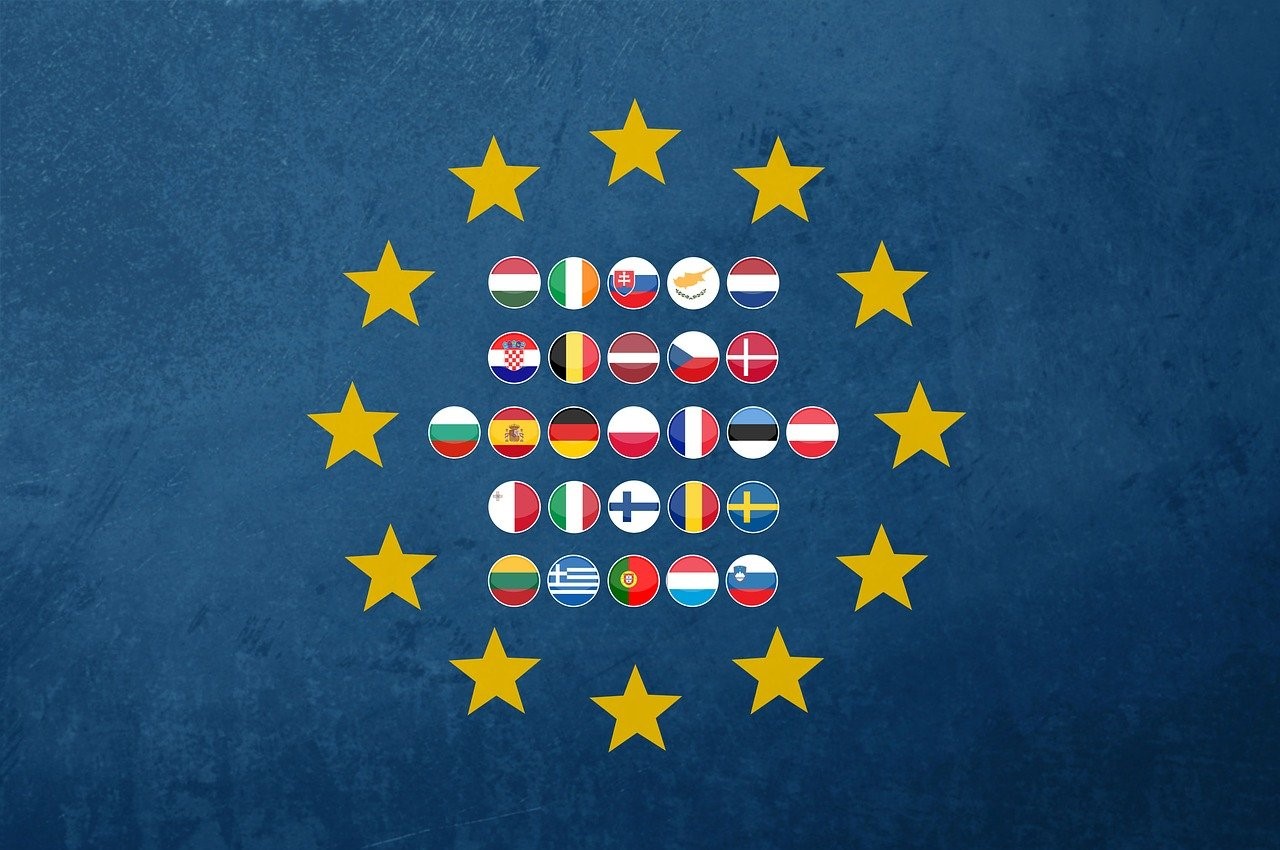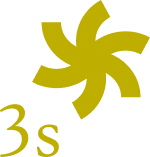How well does automatic mutual recognition of higher education qualifications work in the EU?

image by Christian Lue on Unsplash
Improving procedures for the automatic mutual recognition of qualifications in EU Member States is a cornerstone on the way to a European education area. Learner mobility promotes the development of key competences and experiences that are crucial for active participation in society and the labour market. In the context of a globalised education and employment environment it is crucial that students are able to make the best use of all learning opportunities across the EU.
The European Commission’s Directorate-General for Education, Youth, Sport and Culture (DG EAC) has commissioned ICF (BE), CHEPS (NL) and 3s to study the progress of the implementation of the Council Recommendation on the promotion of automatic mutual recognition of qualifications acquired abroad and the outcomes of learning periods abroad in the EU27 Member States. In a first step, the study deals with an analysis of the implementation of the Council Recommendation and elaborates recommendations for future development. In a further step, it will be explored whether and how the creation of a European recognition as well as quality assurance system is possible. 3s is involved in various roles: Sigrid Mannsberger-Nindl is leading one of the two work packages, Julia Fellinger is the country coordinator and is also investigating the situation in Austria and Germany, Karin Luomi-Messerer complements the team as a policy analyst.
Download of the Executive Summary
Download of the Evaluation Report
The Commission’s report to the Council based on this study
Project: Study on the implementation of the Council Recommendation on promoting automatic mutual recognition of higher education and upper secondary education and training qualifications and the outcomes of learning periods abroad and on the feasibility of a European Recognition and Quality Assurance System
Contact: Sigrid Mannsberger-Nindl
 sigrid.mannsberger-nindl@3s.co.at
sigrid.mannsberger-nindl@3s.co.at
Client: Directorate-General for Education, Youth, Sport and Culture (DG EAC)
Duration: 12/2020 – 4/2023

